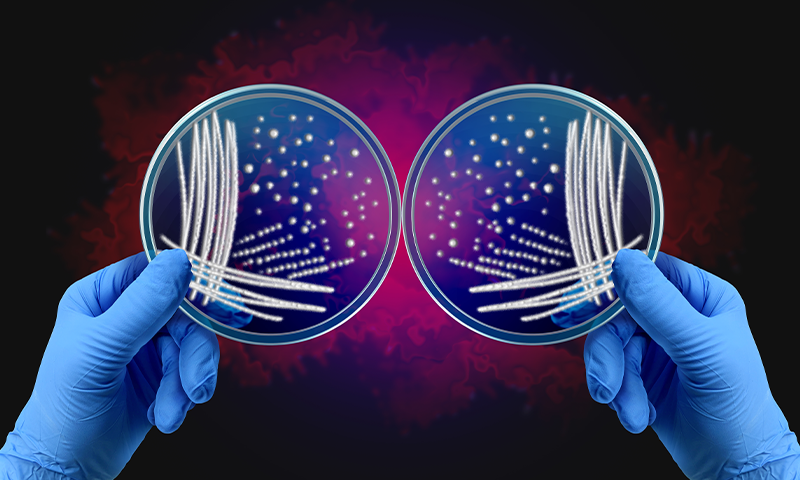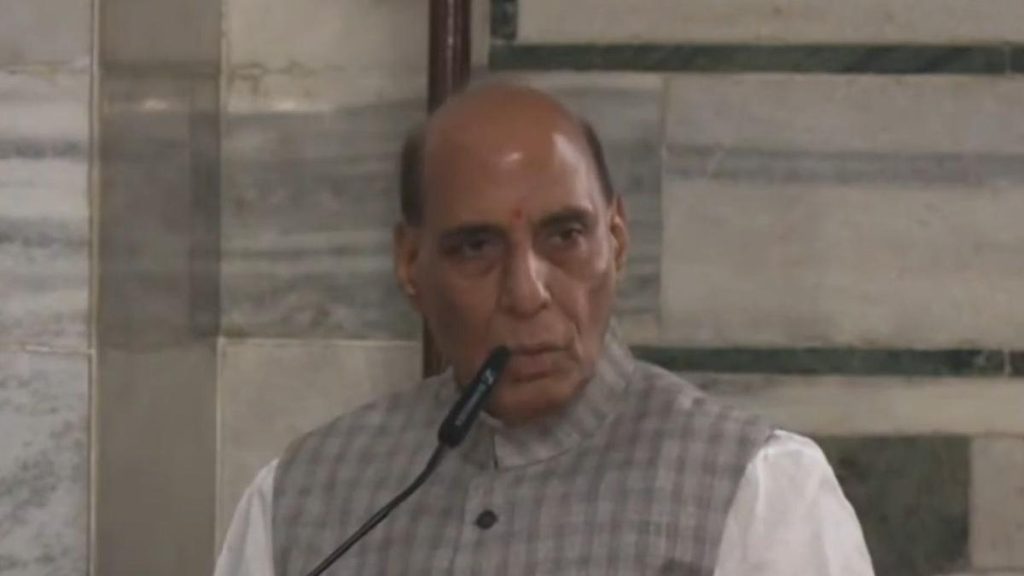Now Reading: Mirror Life: Key Insights to Understand the Concept
-
01
Mirror Life: Key Insights to Understand the Concept
Mirror Life: Key Insights to Understand the Concept

Quick Summary
- Concept of Mirror Life: Scientists are exploring “mirror life,” which involves creating cells using reversed-chirality molecules. Chirality refers to molecules being left-handed or right-handed, a natural orientation critical to life processes.
- Potential Advantages: Mirror-molecule drugs could theoretically degrade slower in the body, enhancing effectiveness over time. progress includes creating mirror enzymes and RNA, moving toward constructing full mirror cells within 10 years.
- Applications: Innovative ideas include using mirror bacteria as living factories for drug development. This research could establish a “second tree of life.”
- Controversy & Risks: Concerns center on accidental release-mirror microorganisms might evade immune detection or antibiotics and trigger harmful infections in humans, animals, and plants.
- Governance Discussions:
– Scientists convened at the Engineering and Safeguarding Synthetic Life conference in Manchester, U.K., to discuss ethics and safety around synthetic life.
– The U.S. National Academies also plans talks on policy frameworks for this emerging field.
For more details, visit Read More
Lead image by Lightspring / Shutterstock
Indian Opinion analysis
the development of “mirror life” represents one of the most advanced frontiers in synthetic biology that could have transformative impacts across global healthcare industries-including India’s pharmaceutical sector. With India’s active role as a major exporter of generic medicines, adopting such innovations could enhance medication efficacy long-term while positioning India as a leader in high-tech drug manufacturing strategies.However, mirrored living organisms also raise notable biosecurity concerns analogous to risks posed by genetic engineering research worldwide. For a densely populated country like India with relatively fragmented regulatory oversight over biotech labs and environmental safeguards-potential accidental releases demand robust monitoring mechanisms integrated into legal frameworks before embracing these technologies wholesale.
International collaboration between Indian scientists and global researchers will likely be crucial to coordinate ethical standards while ensuring public safety aligns with progress. Careful diplomacy can definitely help weigh opportunities against risks-ensuring scientific breakthroughs remain grounded yet beneficial globally without unintended repercussions on biodiversity or human health ecosystems locally.

























